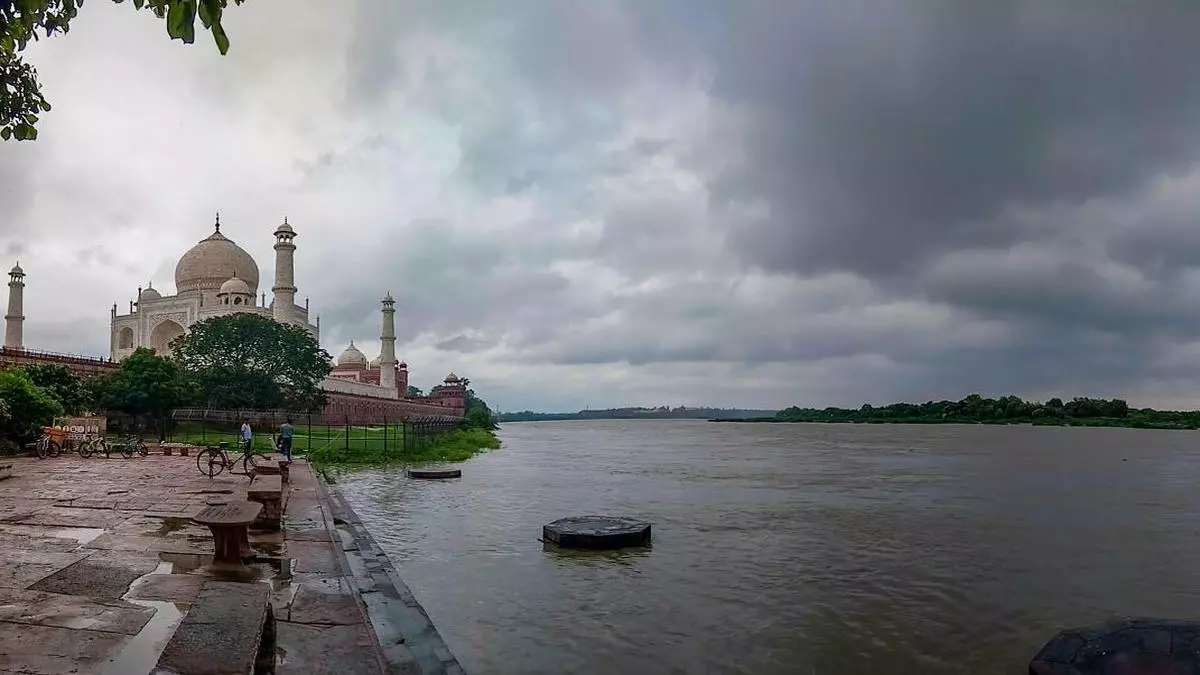The Yamuna River, one of the most sacred rivers in India, holds significant cultural, historical, and religious importance. Flowing through the northern states of Uttarakhand, Himachal Pradesh, Haryana, Delhi, and Uttar Pradesh, the Yamuna River is a lifeline for millions of people and a symbol of spiritual reverence.
Originating from the Yamunotri glacier in the Garhwal Himalayas, the river traverses a distance of about 1,376 kilometers before merging with the Ganges River at Allahabad. The river is considered the sister of the Ganges and is an integral part of the Hindu mythology and religious practices.
The Yamuna River has been mentioned in ancient scriptures and epics like the Ramayana and the Mahabharata, adding to its mythical and historical significance. It is believed that bathing in the sacred waters of the Yamuna River can cleanse one’s sins and bestow spiritual purification.click here

Apart from its religious importance, the Yamuna River also supports a diverse ecosystem and provides water for irrigation, agriculture, and industrial purposes. However, over the years, the river has faced numerous challenges due to pollution, encroachments, and unsustainable human activities, leading to degradation of water quality and ecological imbalance.
Efforts have been undertaken by the government and environmental organizations to restore the health of the Yamuna River and protect its ecological integrity. Initiatives such as the Yamuna Action Plan and the development of sewage treatment plants aim to mitigate pollution and improve the river’s water quality.
For tourists and visitors, the Yamuna River offers picturesque landscapes and scenic beauty. Several ghats (steps leading to the riverbank) in cities like Delhi, Agra, and Mathura provide a serene ambiance for spiritual rituals, prayers, and religious ceremonies. The riverfront also serves as a venue for cultural events, festivals, and boat rides, providing a glimpse into the vibrant culture and traditions of the region.
However, it is important to note that the river’s water quality varies at different locations, and swimming or direct contact with the water may not be advisable in certain areas due to pollution concerns. It is recommended to follow local guidelines and exercise caution while interacting with the river.
Conclusion || Yamuna River
In conclusion, the Yamuna River holds immense cultural, historical, and religious significance in India. It is a source of inspiration, devotion, and spirituality for millions of people. Efforts to restore and protect the river’s health are essential to ensure its ecological sustainability and the preservation of its rich heritage for generations to come.
Book Your Flights : Here 30% OFF on Booking
Book Your Hotels : Here 20% OFF on Booking

0 Comment